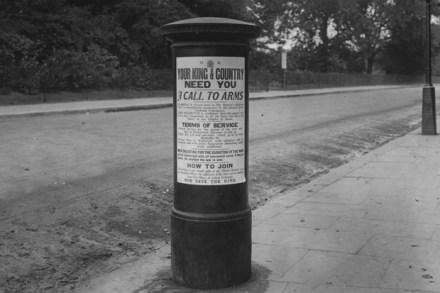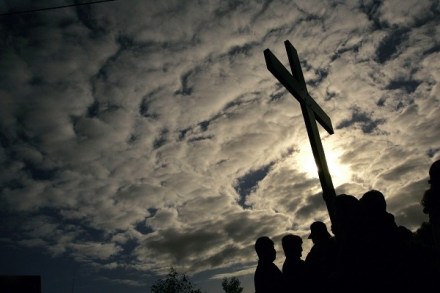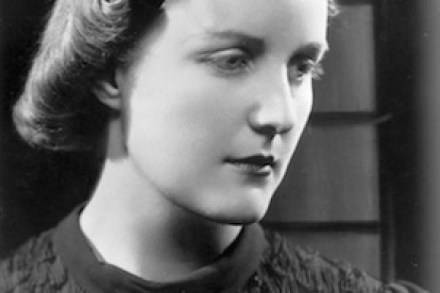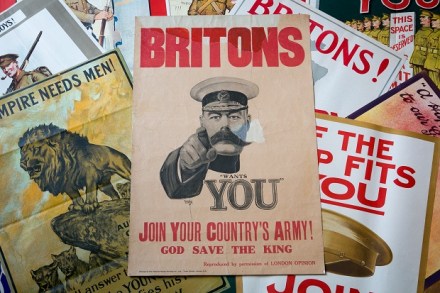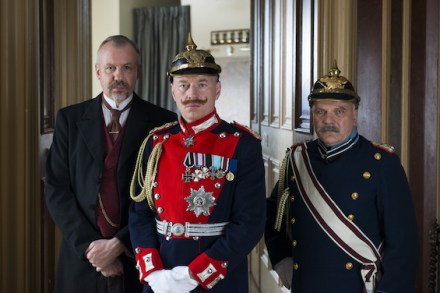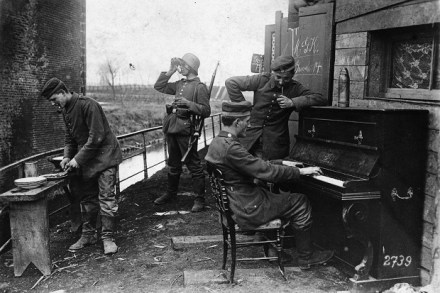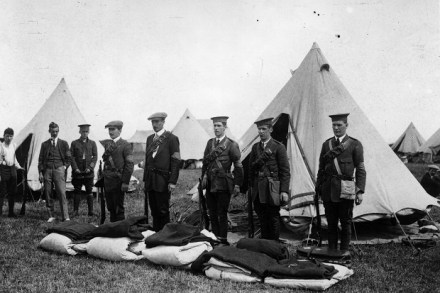What’s that I hear? Francis Fukuyama back-pedalling frantically
The problem with a futuristic thesis — particularly when summarised by a futuristic title — is that it is likely to be thrown back at you in the future. This is the problem that Francis Fukuyama has faced ever since he published his daring and now much derided book, The End of History and the Last Man, in 1992. In it, Fukuyama argued that history had been buried beneath the rubble of the former Berlin Wall and that the teleological process was now at an end: ‘What we may be witnessing… is the end point of mankind’s ideological evolution and the universalisation of Western liberal democracy as the final form







